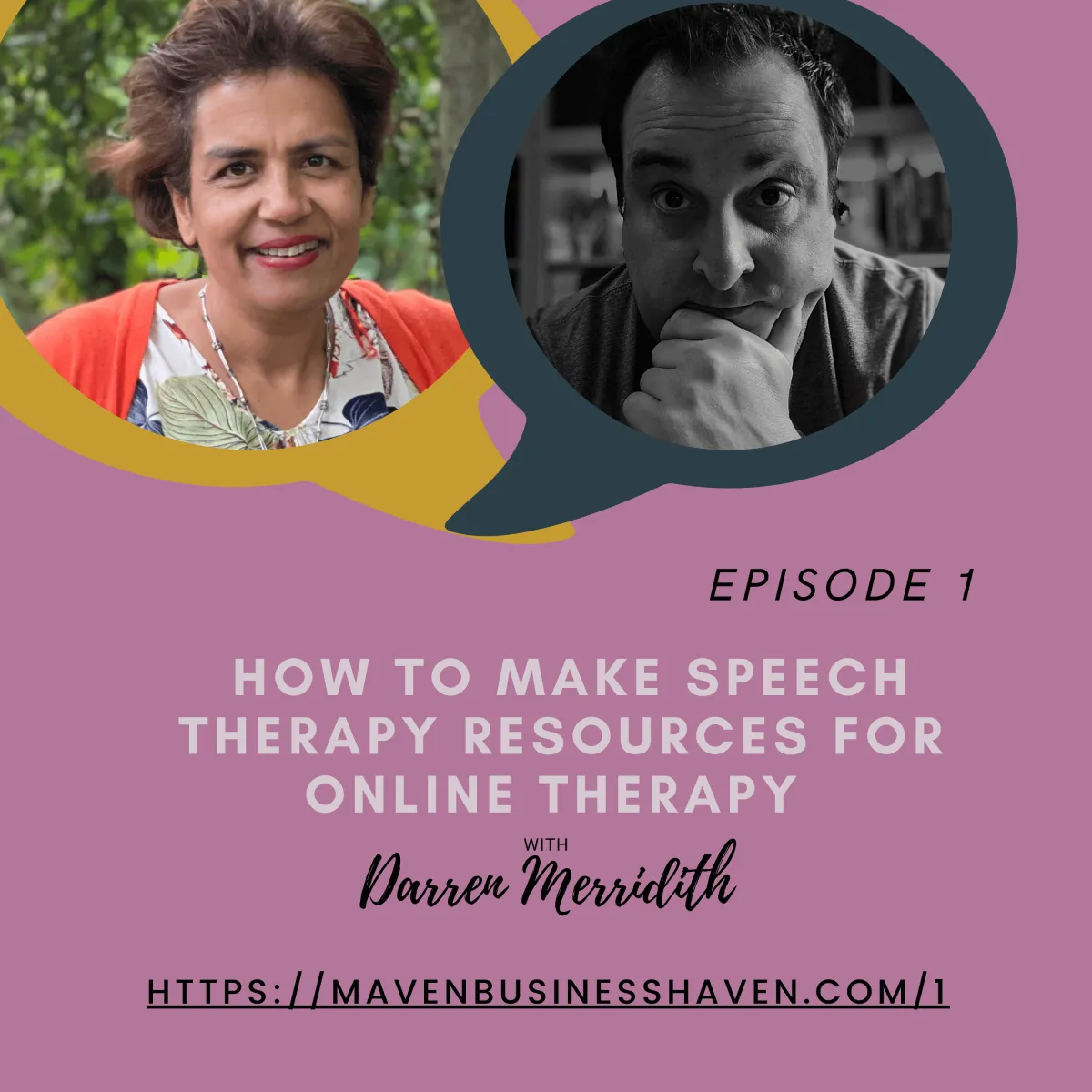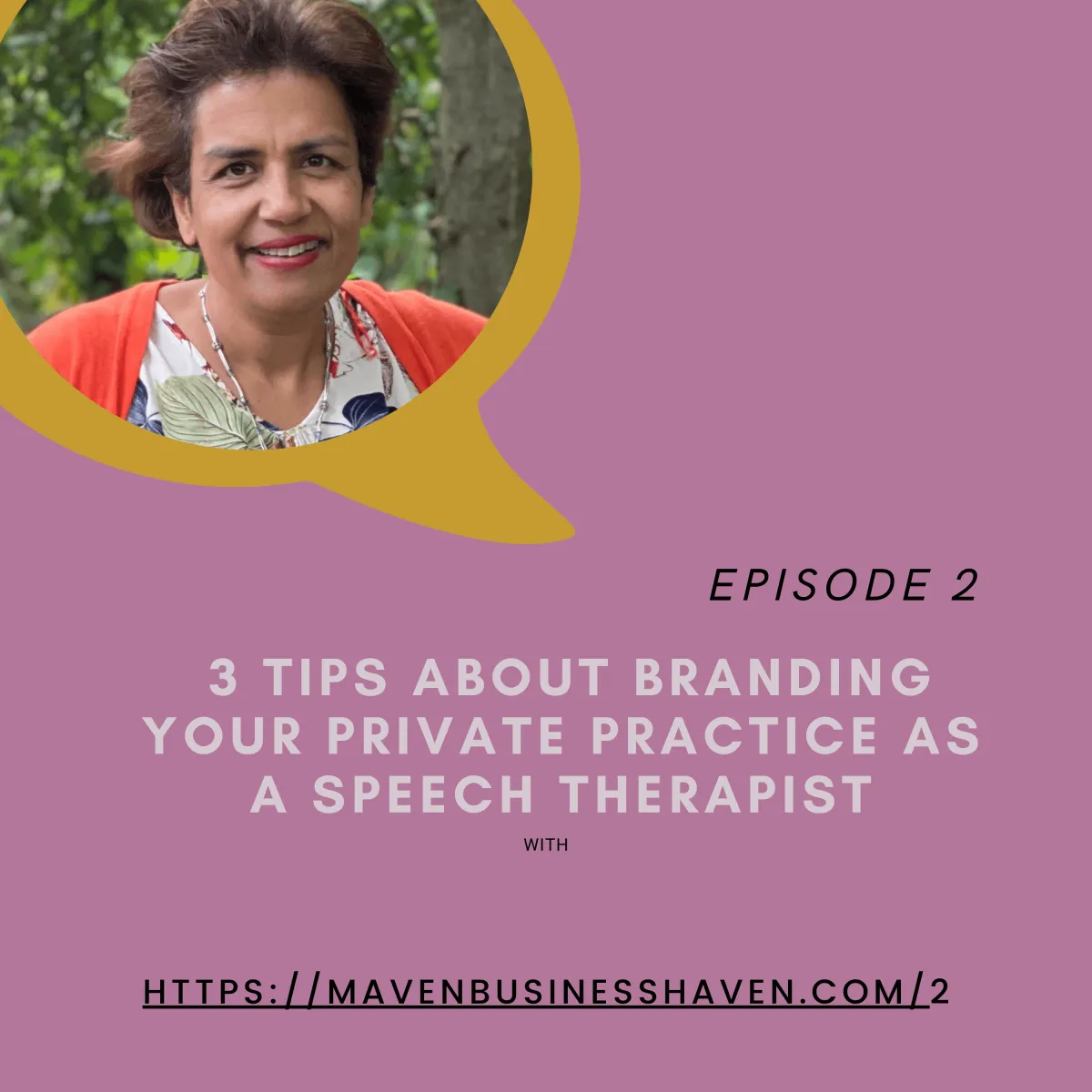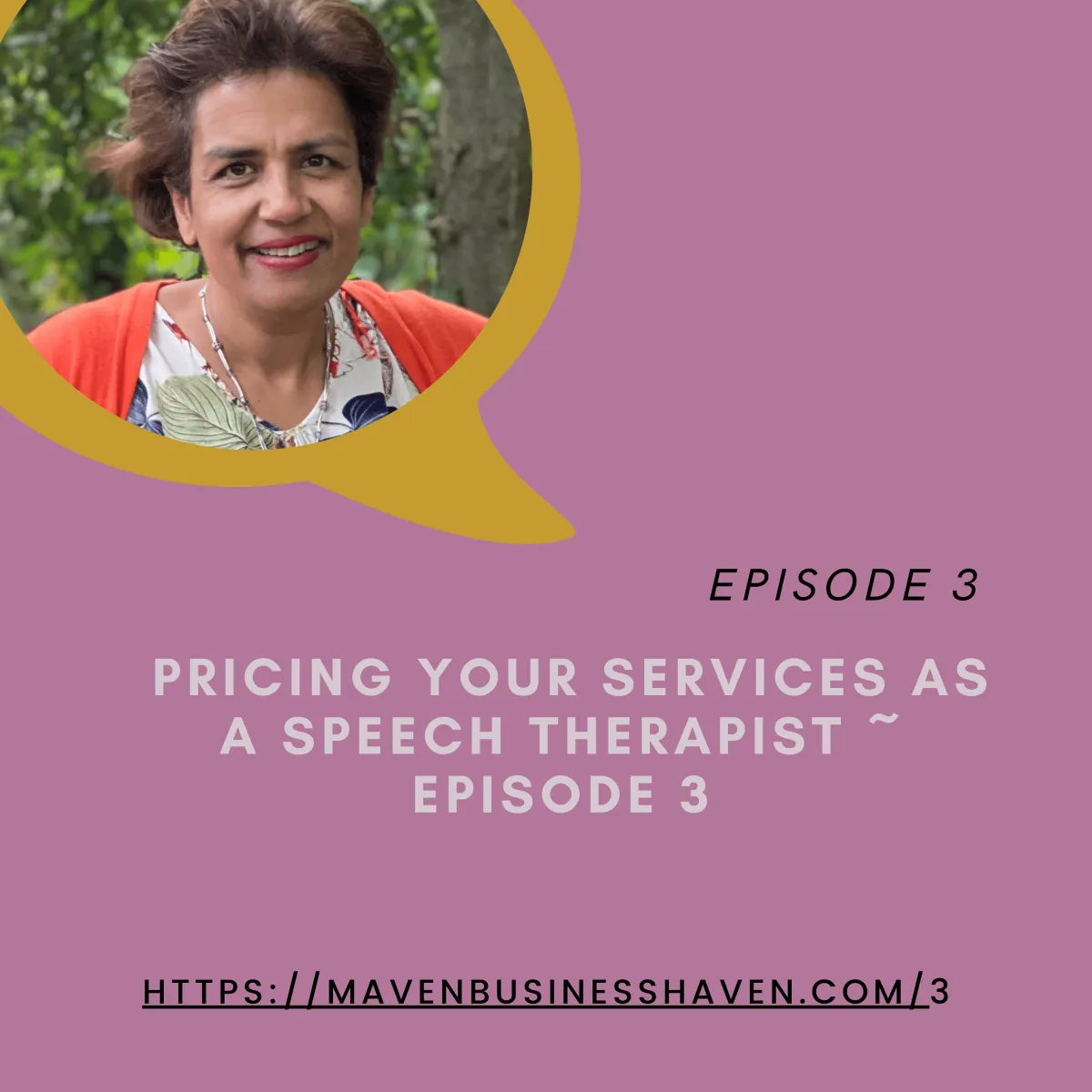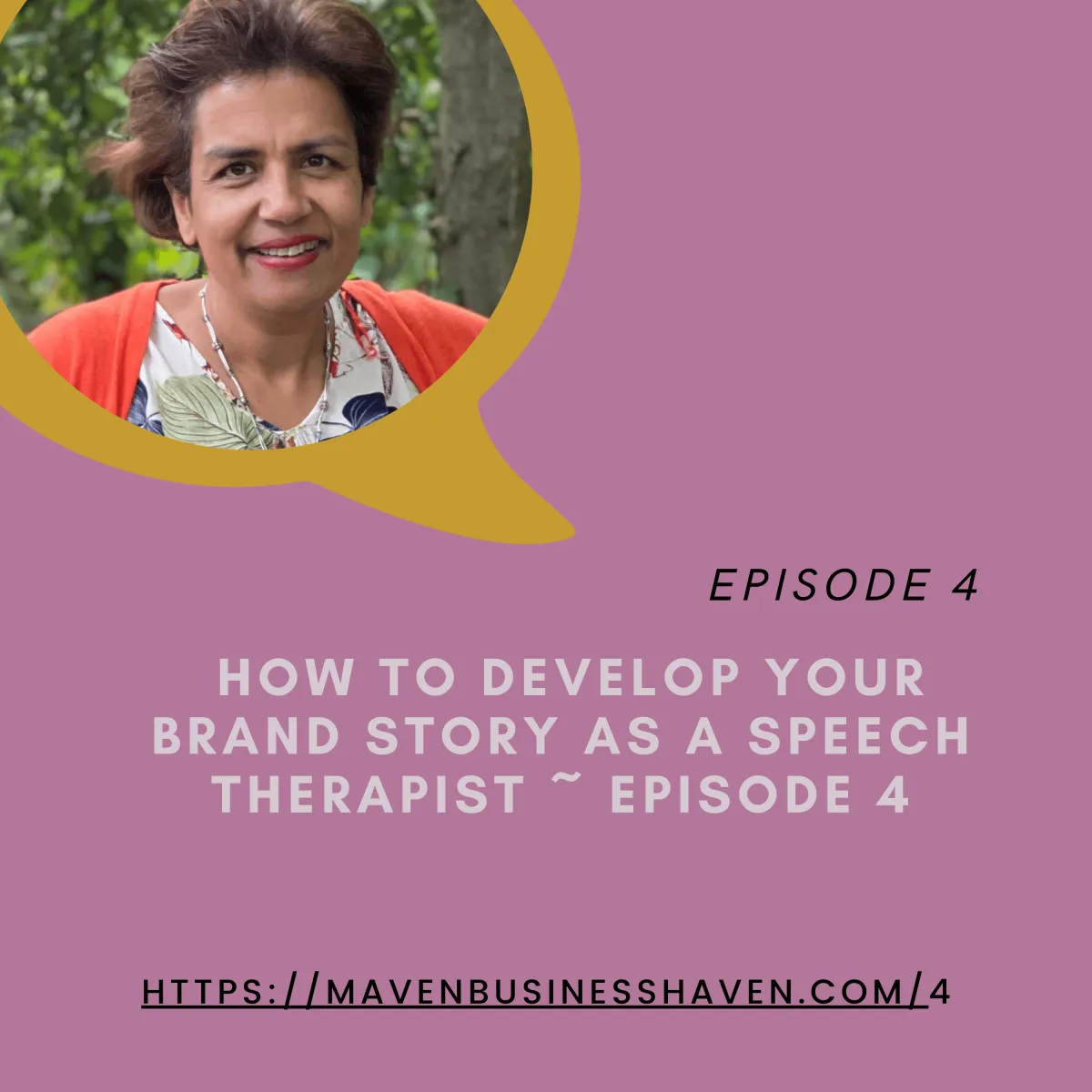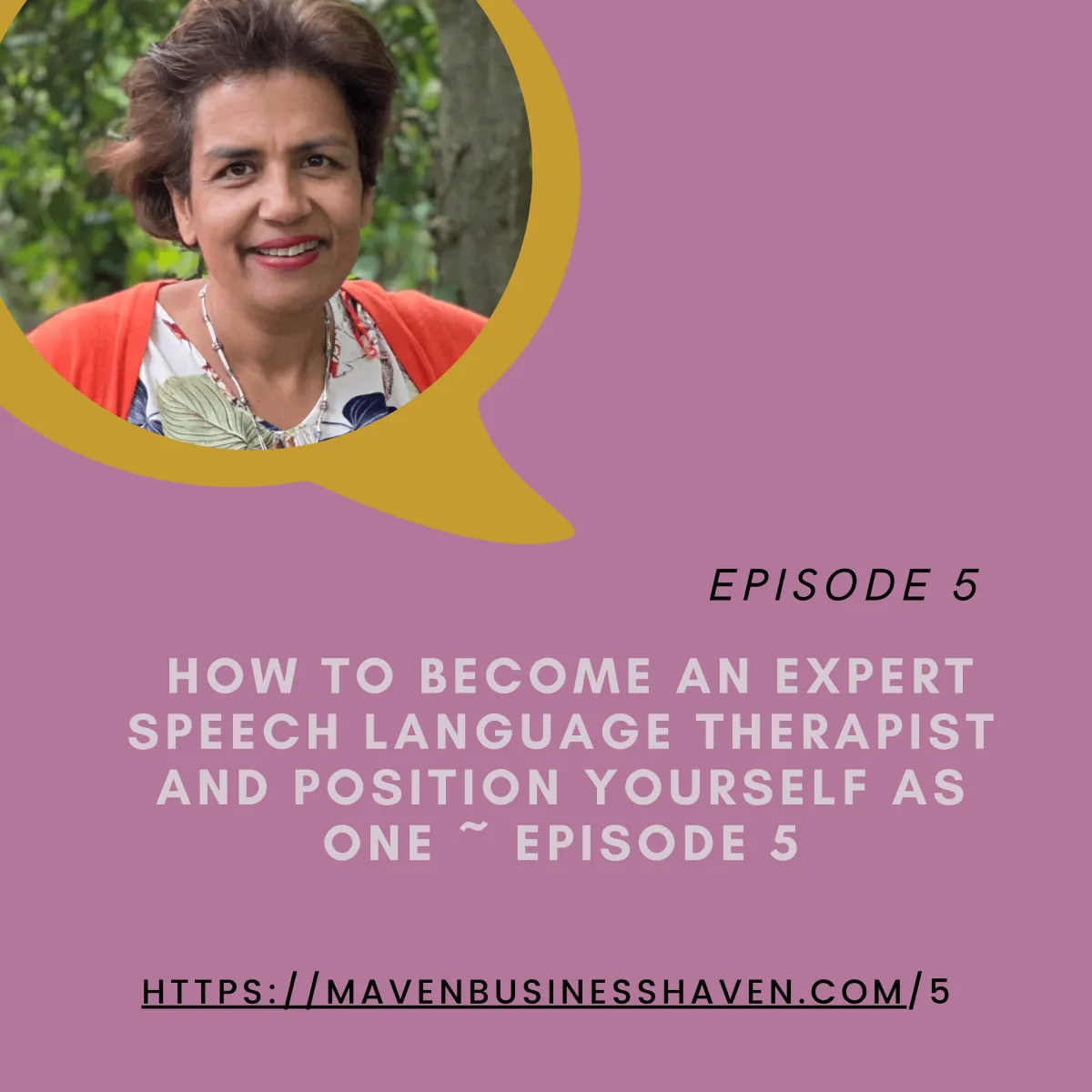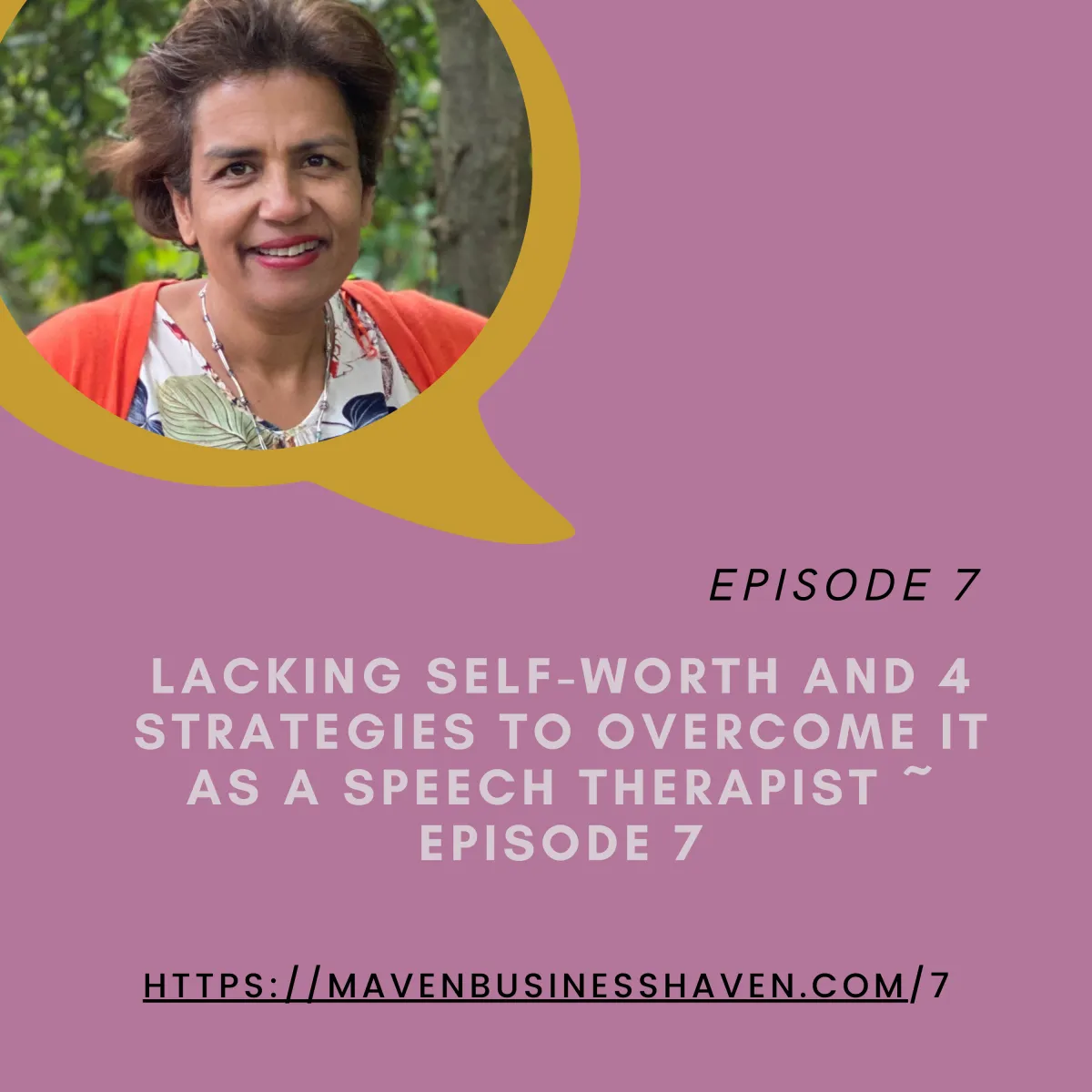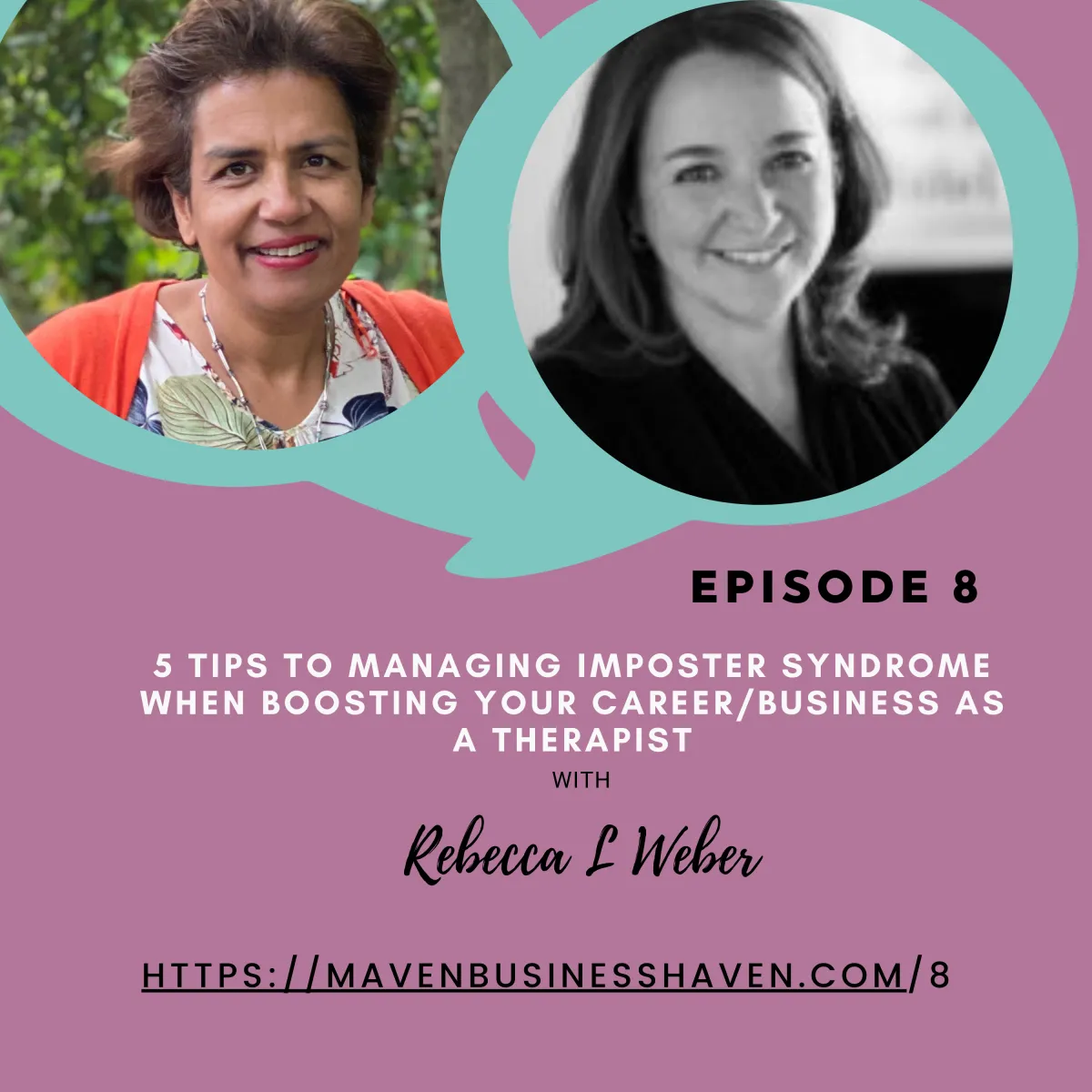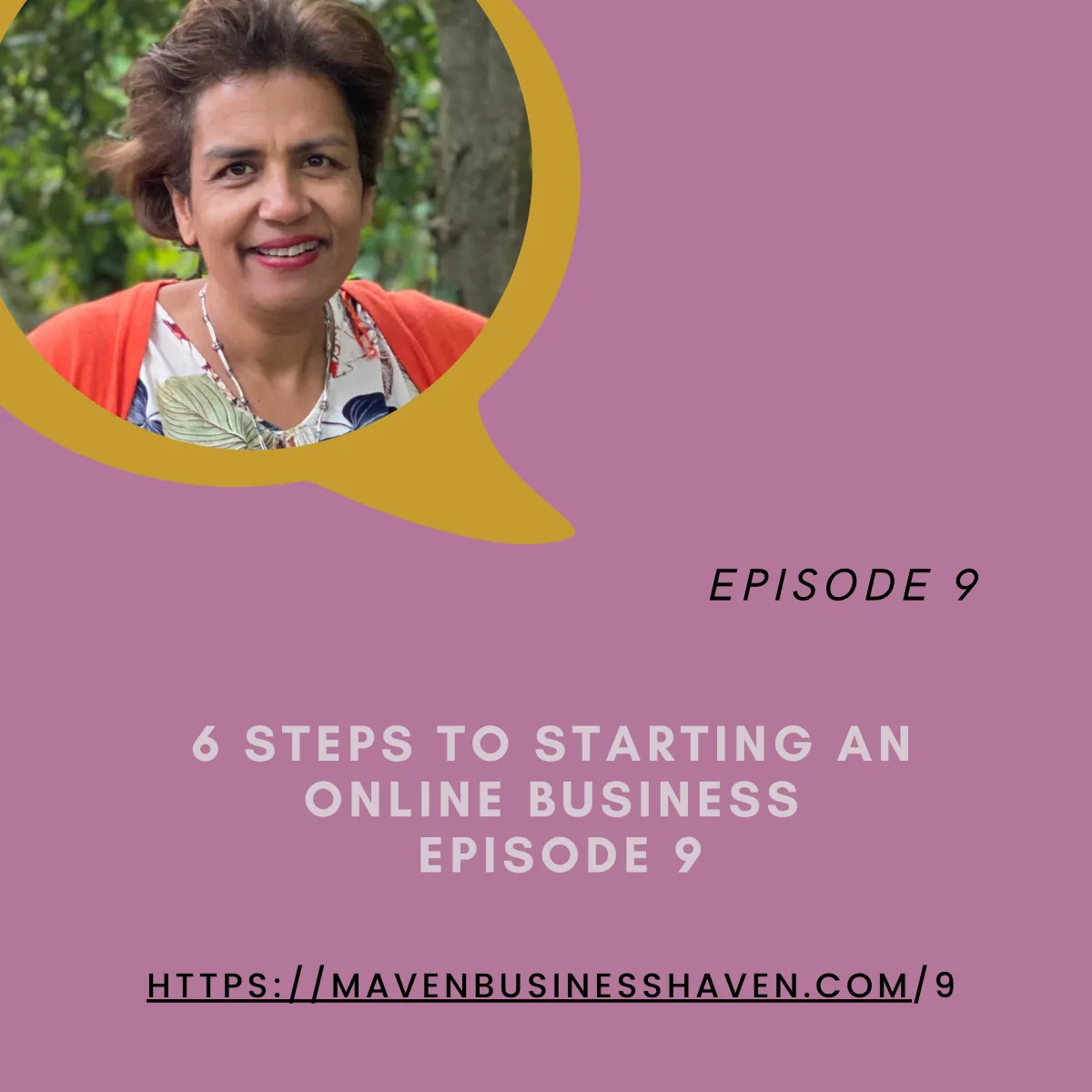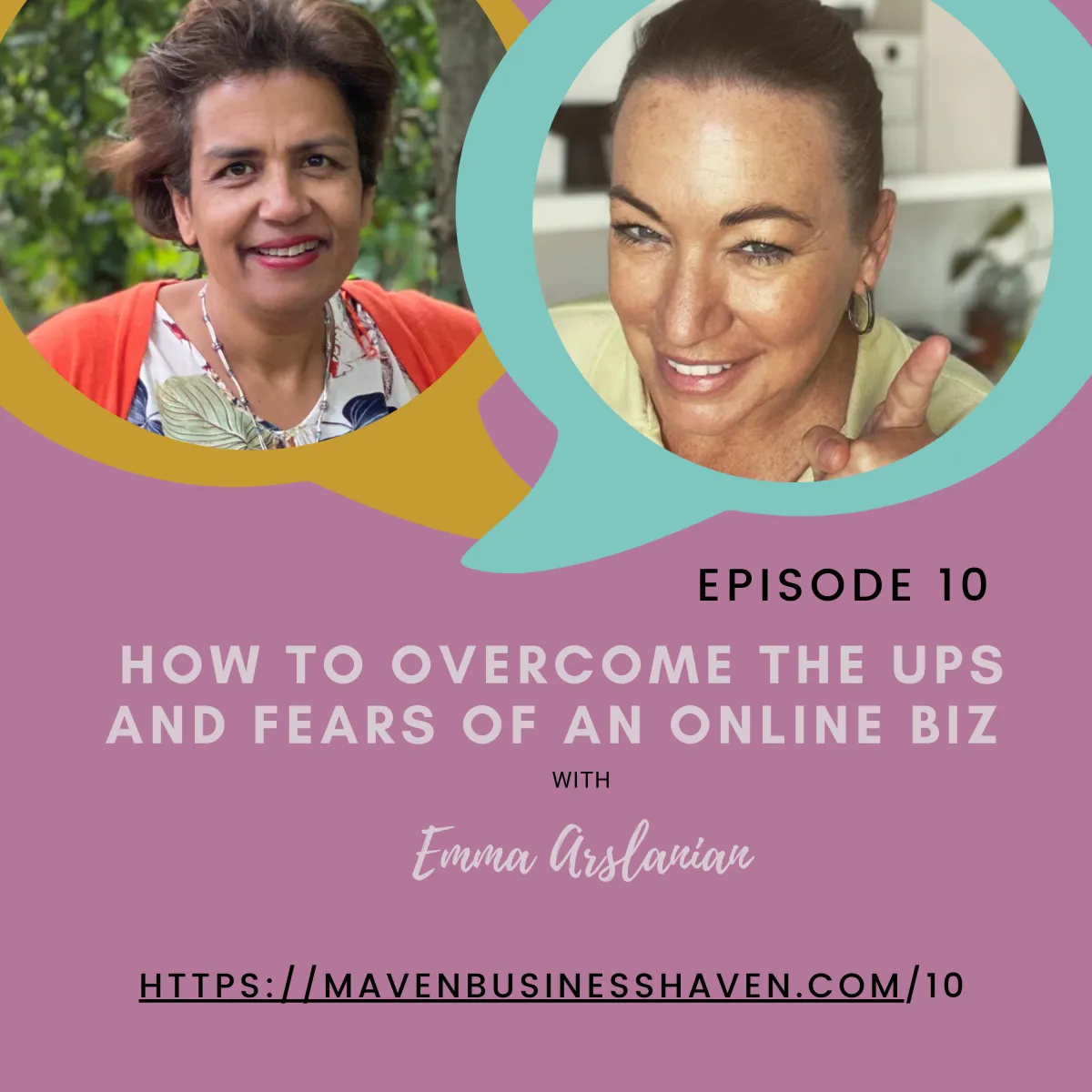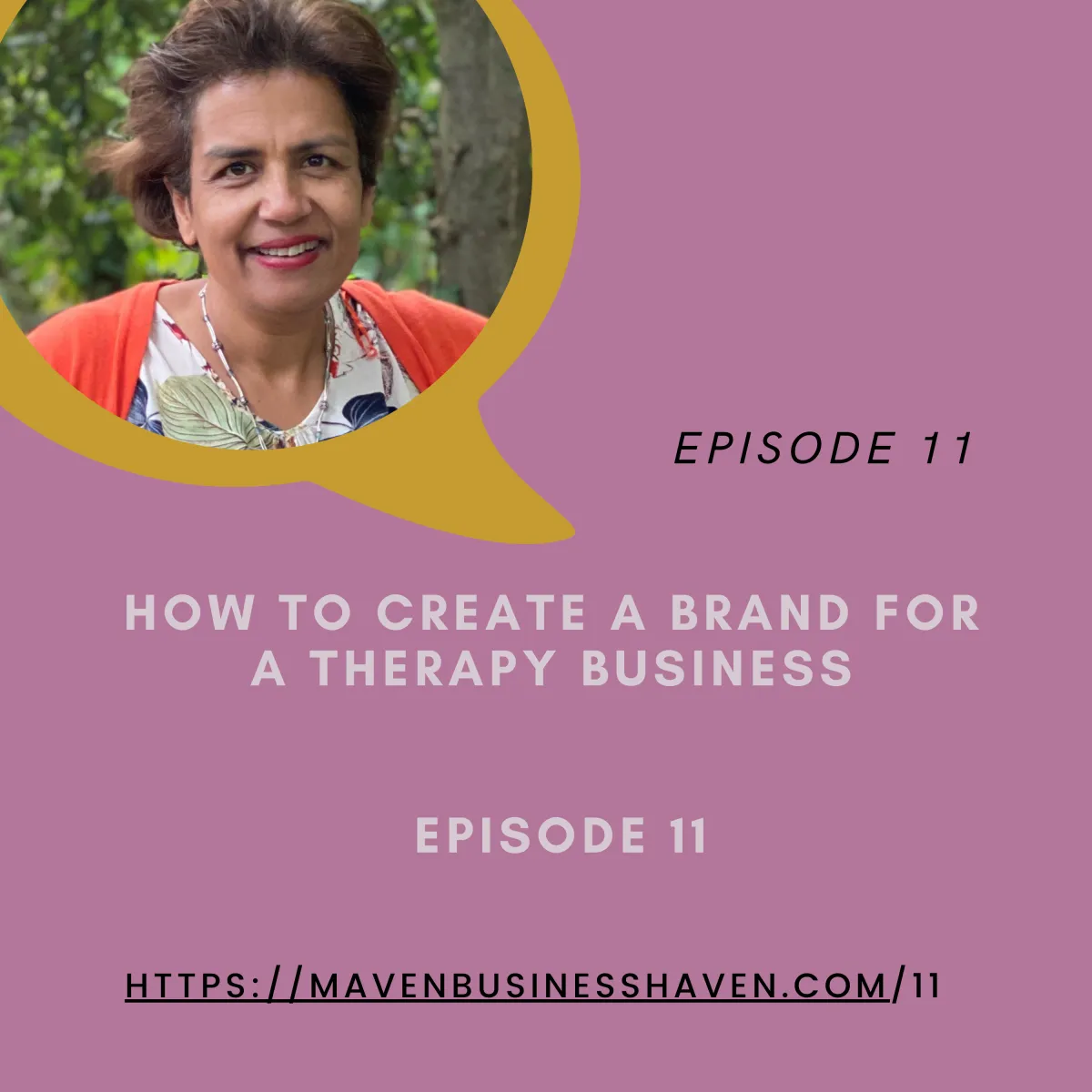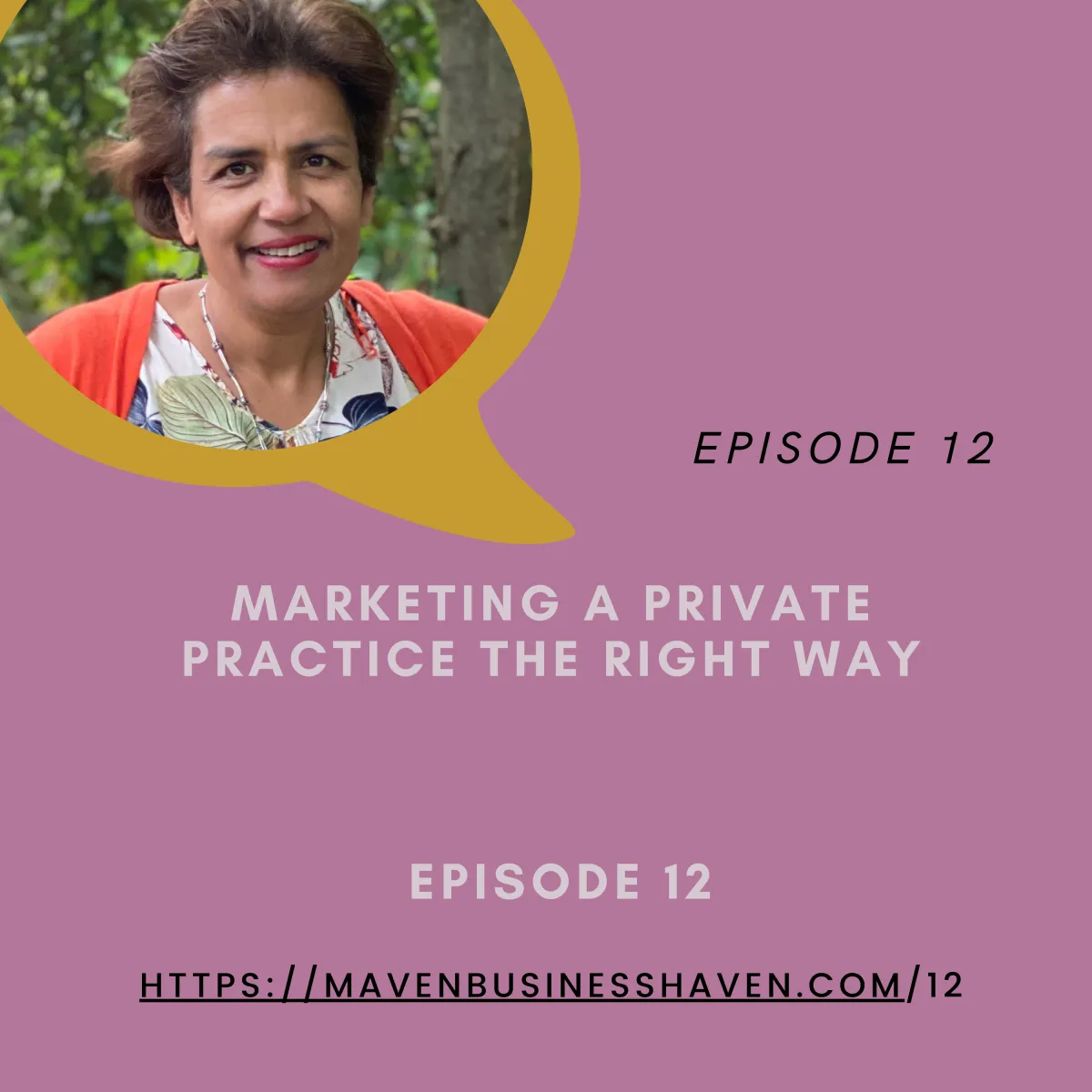VLOG
Audio Inspiration
Listening to podcasts inspires you, gives you clarity on what steps you need to take in your Therapy Business
Are you thinking of creating a website that resonates with your target audience and with space to jot down your ideas as you work through each step?
Then you need our
FREE WEBSITE WORKBOOK & PLANNER
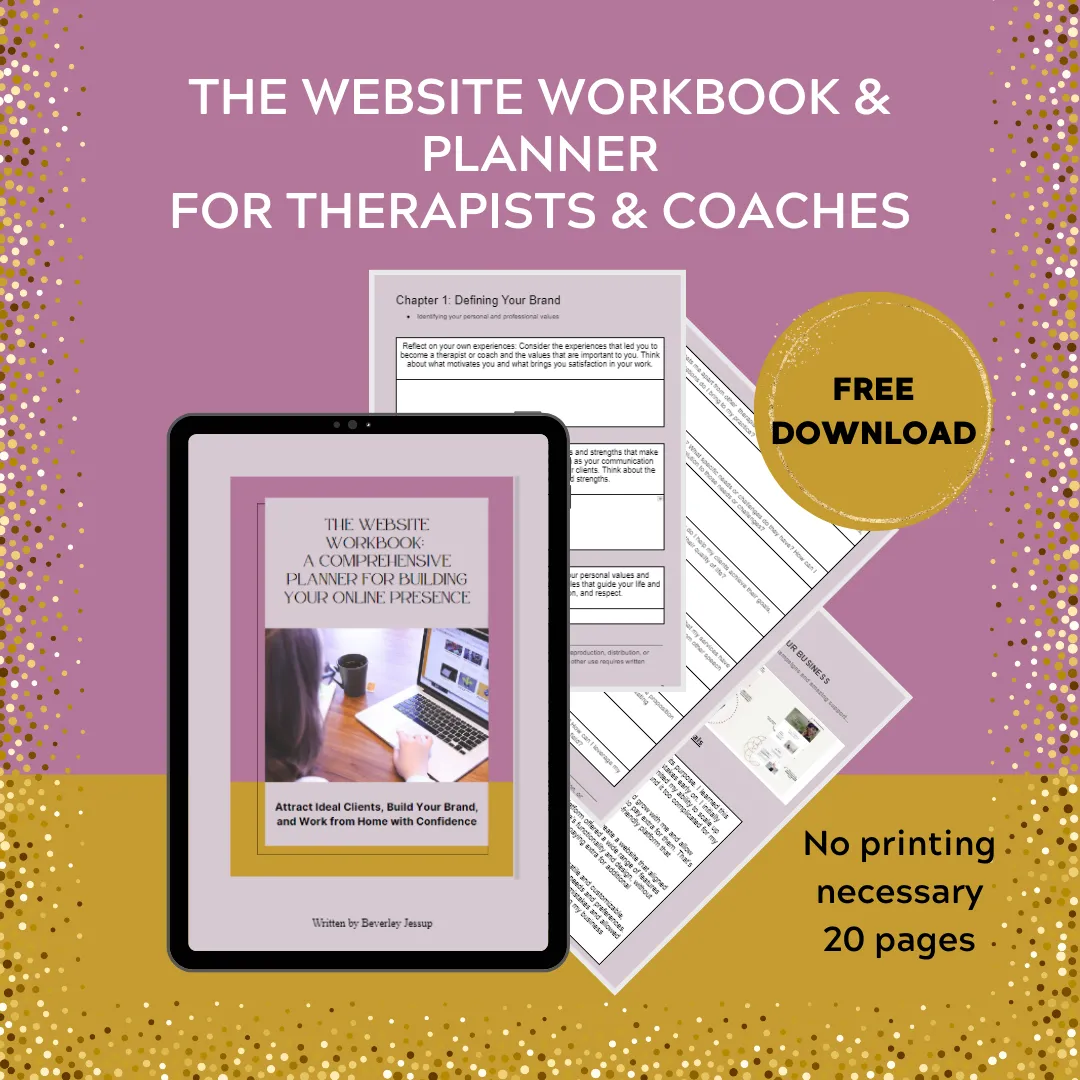
LATEST EPISODES

Understanding Neurodivergence: DLD, Autism, and ADHD
Creating an inclusive, supportive environment for children with diverse communication needs is essential for helping them thrive. By understanding different types of neurodivergence—specifically Developmental Language Disorder (DLD), Autism, and ADHD—we can better empower each child’s unique strengths. This guide provides an overview of each, including a comparison table and practical tips.
A Personal Approach to Assessments
As a speech-language therapist, I’ve found it helpful to send a personal profile to parents and schools before starting assessments with each child. This brief introduction helps children know who I am and what to expect, which can make a big difference for children with DLD, Autism, or ADHD. For these children, unfamiliar people and tasks can be challenging, and knowing a little bit about me before we meet helps them feel more comfortable and confident during assessments. Establishing this trust is essential in creating a productive and positive experience.
Here is a link to my profile in case you want to create something similar : Beverley Jessup

What is Neurodivergence?
Neurodivergence is a broad term used to describe the many ways in which brains can function and process information. Neurodivergent children often have unique strengths and perspectives and may approach learning, thinking, and social interactions differently from their neurotypical peers. Here, we’ll explore three specific types of neurodivergence: DLD, Autism, and ADHD.
Comparing DLD, Autism, and ADHD


Supporting Children with DLD, Autism, and ADHD
Tips for Supporting Children with Developmental Language Disorder (DLD)
1. Simplify Language: Use short, clear sentences and repeat important information. Visual aids can support understanding.
2. Provide Extra Processing Time: Allow children to process and respond at their own pace. Avoid rushing them.
3. Use Visual Supports: Visual aids like pictures, charts, and flashcards help reinforce language and meaning.
4. Encourage Nonverbal Communication: Gestures, pictures, or drawing can help children express themselves if they're struggling to find words.
5. Collaborate with Speech Therapists: Speech therapists can provide targeted exercises and recommendations that educators and parents can reinforce.
Tips for Supporting Children with Autism Spectrum Disorder (ASD)
1. Create a Predictable Environment: Consistent routines and clear expectations help reduce anxiety and build trust.
2. Support Sensory Needs: Be mindful of sensory sensitivities; provide quiet spaces or sensory tools like fidget toys or headphones.
3. Encourage Communication in Their Preferred Mode: Some children with autism communicate better through pictures, written words, or even typing.
4. Teach Social Skills Explicitly: Use role-play and social stories to help children learn social cues and appropriate responses.
5. Celebrate Their Interests: Many children with autism have intense interests; incorporating these into lessons can make learning more engaging.
.Tips for Supporting Children with ADHD
1. Break Tasks into Manageable Steps: Short, structured tasks with clear deadlines work better than long, open-ended activities.
2. Provide Physical Outlets: Allow children to move frequently, whether through brain breaks, fidget tools, or movement-based activities.
3. Use Positive Reinforcement: Praise for accomplishments and effort goes a long way in boosting confidence and motivation.
4. Limit Distractions: Keep the workspace free of distractions and seat children with ADHD away from high-traffic areas.
5.Encourage Organization Tools: Planners, checklists, and timers can help children with ADHD structure their tasks and stay focused.
Understanding Each Child’s Unique Needs
No two children are alike, and even within these specific types of neurodivergence, each child has individual strengths and needs. Working together—parents, educators, and therapists—creates an environment where all children feel valued and capable of reaching their full potential.
Neurodivergent children bring unique gifts to our communities, and through understanding and support, we create a world that celebrates these differences.
Ready to Empower Confident Communication?
If you're looking for expert support, innovative resources, and a community that understands the challenges of fostering clear communication, join the Communicrew Collective! From ready-to-use digital tools and interactive games to on-demand trainings and live Q&A sessions, the Collective equips you with everything you need to make a lasting impact on children’s speech, language, and communication skills.
Turn communication challenges into confident conversations! Join the Communicrew Collective today and start making a difference with resources designed just for you.
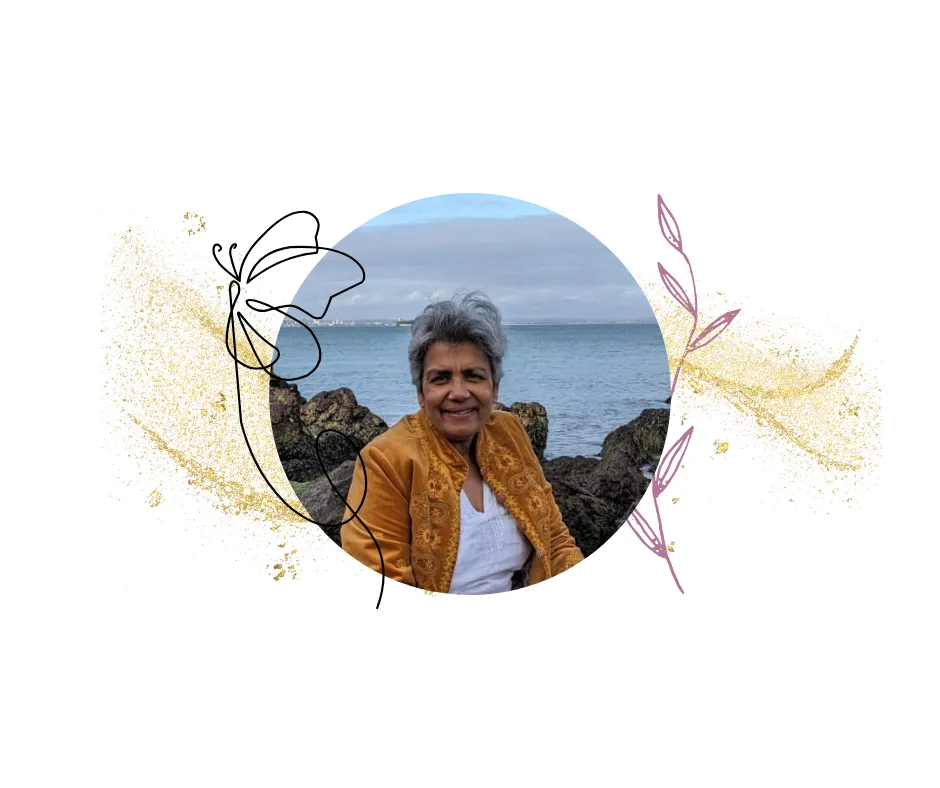
Hi, I'm Bev
a seasoned speech therapist with over 30 years of global experience.
When I’m not helping others communicate effectively, I'm enjoying precious family time with my husband and three sons. I also love exploring new destinations and hosting art journaling retreats.
But here's what truly fuels my passion: guiding therapists and coaches to build thriving practices without imposter fears or tech overwhelm.
My mission is clear: I want to empower more therapists and coaches to confidently share their talents with the world, thriving in purpose and creativity.
If you’re ready to turn your passion into a purpose-driven practice, count me in to support you every step of the way.






Fancy Joining us on a Retreat in Italy and meet other like-minded therapists and coaches?
Discover the transformative power of journaling to unlock your full potential as a therapist or coach. Our carefully crafted journals are designed to guide you through insightful self-reflection, goal-setting, and personal growth exercises, providing you with a valuable tool to delve deep into your thoughts and emotions.
By investing in your mind through these workbooks & journals, you'll gain clarity, develop new perspectives, and strengthen your practice, ultimately empowering yourself to better support and guide your clients on their own journeys of growth and transformation.
Don't miss this opportunity to enhance your skills and take your profession to new heights with the aid of our thoughtfully designed journal.


Hi there, I'm Bev Jessup
Even though I play an inspiring entrepreneur on the internet, I’m also a real person and a tired mother of three grown-up adorable boys.
I work purely online as a speech therapist and online consultant whilst my hubby Adam goes off to work.
I’m passionate about changing the world. And one extremely impactful way to do that is to empower speech therapists to share their talents worldwide and put more money in their hands in the process.

"My role in the world is to help therapists and coaches with their tech fears so that they can create a profitable online business without burnout"
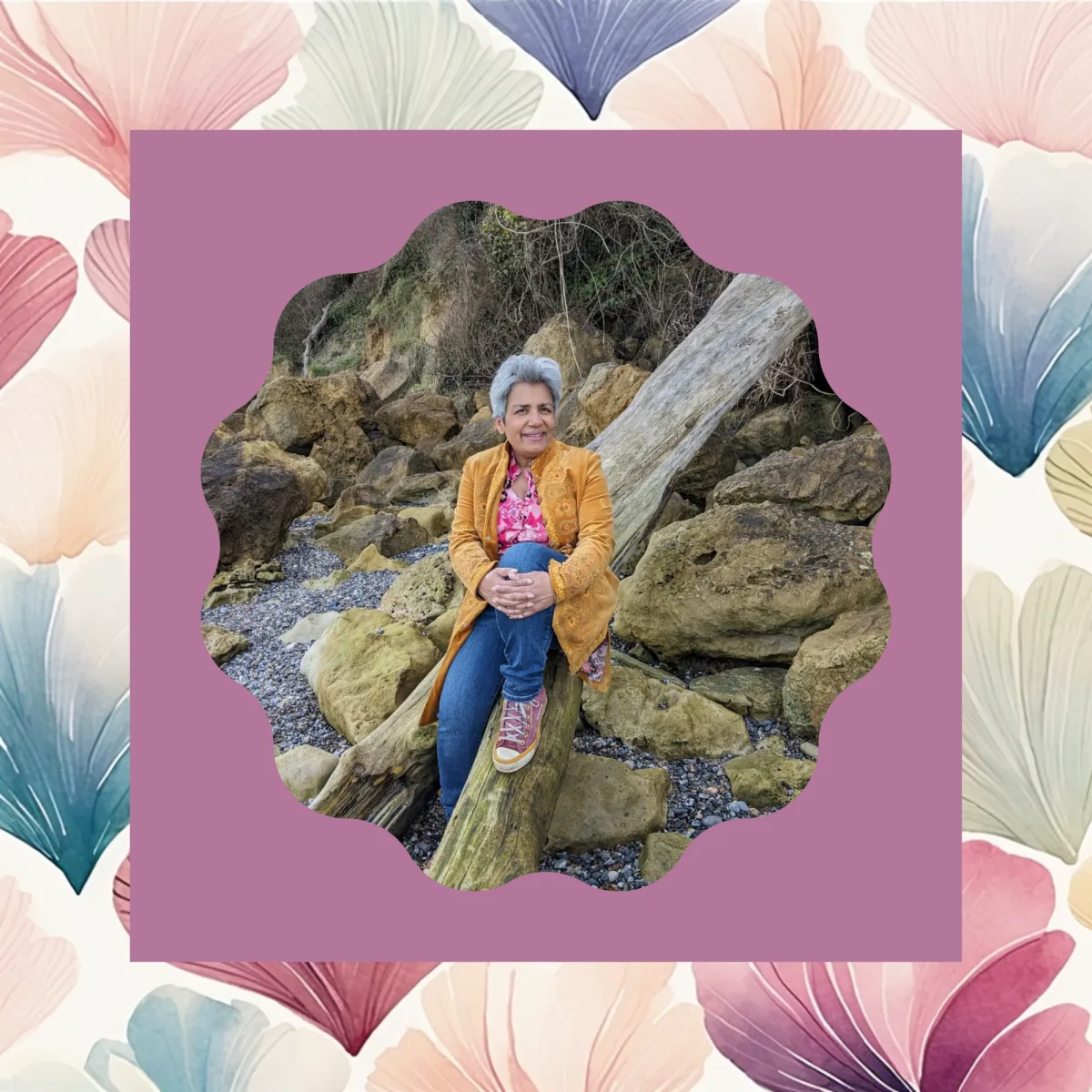
You know that horrible feeling in your stomach when you feel that you don't want to work so many hours just to make ends meet?
Or when you procrastinate starting your own private practice because you don't know where to start?
Or the fact that your income has stagnated and you don't know how to push it to the next level? Or you are wondering how to get more clients without having to drop loads of fliers off at the GP surgeries or schools? Or you have dreamed of travelling and working at the same time?
I get you and I help therapists overcome these obstacles so they lead a more fulfilled life and business
Thank you for tuning in and letting me part of your journey. I know your dream is worth it so I want to encourage you to follow your dreams
PRIVACY POLICY TERMS OF SERVICES CONTACT US

